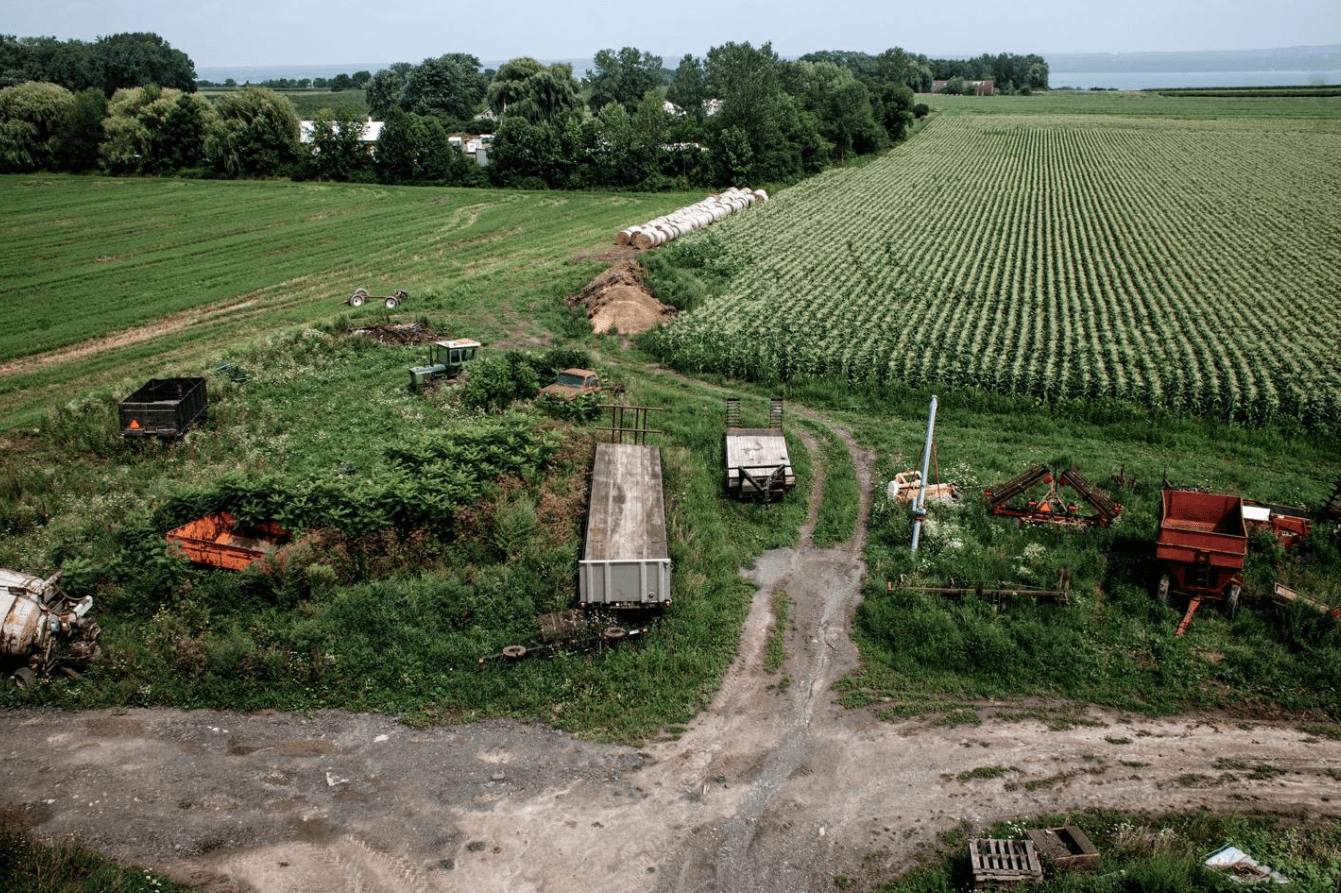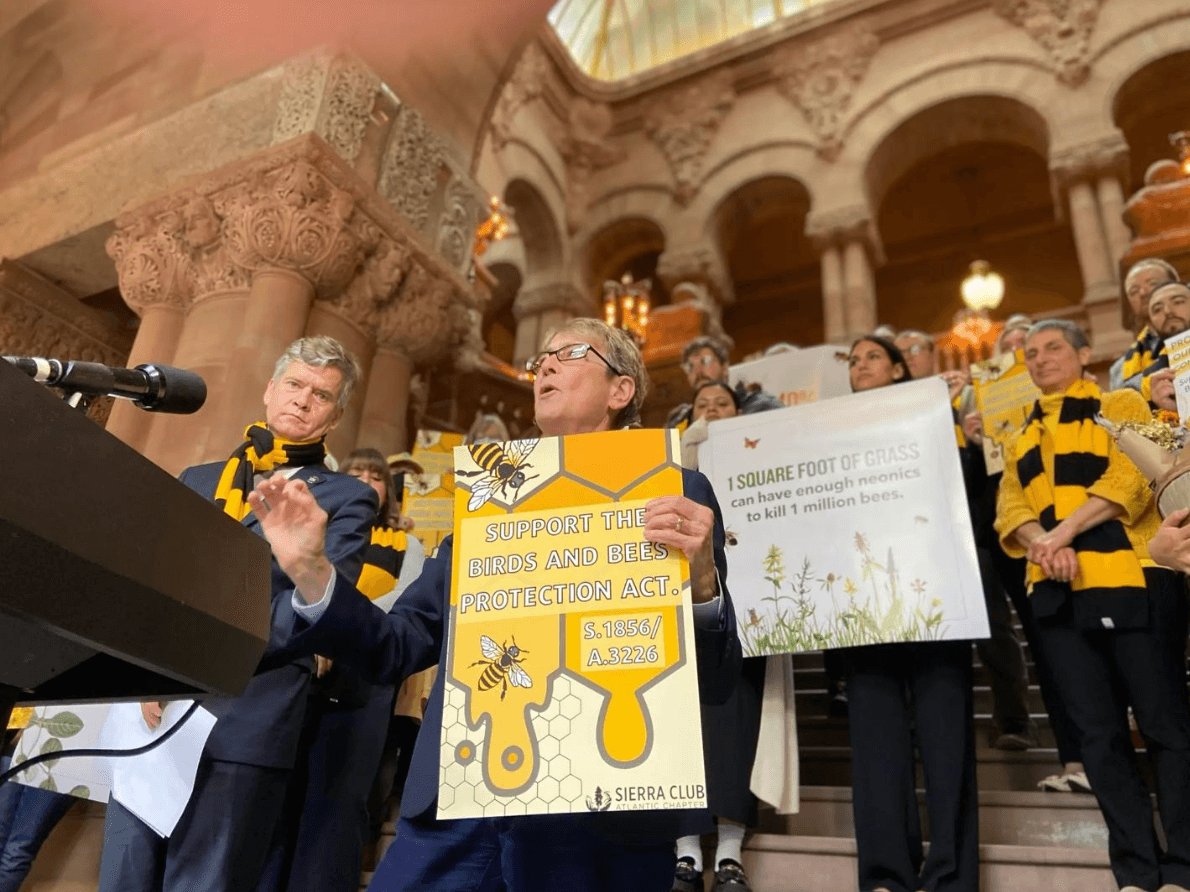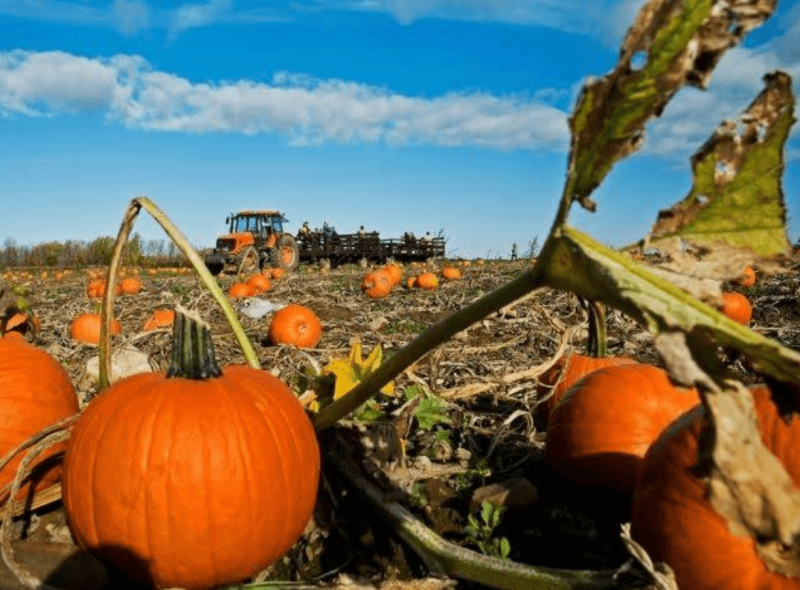Farmers and their allies in New York State are almost unanimous in their opposition to legislation that would sharply limit the usage of neonicotinoids, which its proponents claim will ‘save vulnerable bees”.
The sad reality: It won’t protect bees, and it could devastate farmers across the state.
New York is blessed with excellent soils, access to markets, a favorable growing climate and resourceful farmers. Although the state’s 32,000 farm families have been resilient, we continue to deal with declining economic conditions because of factors out of our control.
My grandfather started his 25-cow dairy farm in 1951. Today, CY Farms grows corn, wheat, soybeans, alfalfa, commercial turfgrass, peas for processing, spinach, fresh onions and raises dairy heifer replacements. I would like to be able to pass the farm on to my children but that may not be possible the way things are going in our state.
Extreme weather, pests, commodity prices and rising costs are constant stress factors for New York’s farmers. We are also in a cycle of unfavorable dairy and commodity prices and the “new normal” of high inflation and ballooning costs. New York Farm Bureau President David Fisher recently summed it up: “Farm costs are up across the board for energy, transportation, labor, fertilizer and supplies.”

Rising prices are contributing to a growing mental health crisis affecting farmers, some of whom have taken their lives or fallen into drug and alcohol abuse. You would think the state legislature would lend more support to a constituency that contributes $3.3 billion to New York’s gross domestic product — and responsibly manages nearly 20% of New York’s land. Instead, the legislature has compounded our woes with unsound policies and legislation that have rendered New York’s farms much less competitive.
Farm workers across New York are already among the highest-paid in the nation, and its growers already have a hard time competing against nearby ag-friendly states whose growers sell “local” produce at lower prices to New York’s grocery stores. Why? Labor is often a farmer’s biggest expense, and it’s cheaper out of state.
Despite all this, our Legislature voted to end overtime exemptions for farm workers, an economic body blow to farmers that will massively increase labor expenses by lowering the overtime ceiling from 60 to 40 hours per week. The vast majority of U.S. states — 45 — still allow overtime exemptions for agriculture.
This is because farm work is seasonal, and the amount of labor required fluctuates enormously, peaking during spring planting and harvest — or if a pest infestation demands an all-hands-on-deck response — and being less intensive at other times. Farming is simply not a 9-to-5 job, which is why most states keep these ex-emptions. Unfortunately, New York legislators chose to ignore the many hours of farmer testimony on this score during its public hearings.
Adding insult to injury, this summer the legislature made our lives even more difficult by passing a bill pushed by big-money environmental activists that would ban a critical crop protection tool, neonicotinoid seed treatments. Without these, many crops — and the farms that grow them — will become economically untenable. The bill — called the Birds and Bees Protection Act — currently awaits Gov. Hochul’s decision on whether to sign or veto it.

Despite its name, the bill would not protect birds or bees. Only a tiny amount of insecticide is pre-coated on seeds and safely planted in the ground, in a method that reduces the amount of overall pesticides and carbon dioxide-releasing tillage in the environment. The only thing this bill would protect are seed corn maggots, whose larvae would thrive underground in Upstate New York if seed treatments were banned. The unintended consequence of this will lead to more over-the-top foliar sprays with different insecticides.
A farmer will not allow his crop to be ravaged by pests while he watches. This crop is the farmer’s livelihood, and the community depends on it. Governor Hochul has taken some positive steps to help our farm families, like a mental health hot-line for farmers and a tax credit designed to soften the blow of our rising labor costs. But these are Band-Aids. The tax credit is only partial, and it is not tied to inflation, like the minimum wage laws are, and will steadily decrease in value over the years. And neither solution ad- dresses the real root issue: the state legislature’s unfriendly policies toward New York’s farm families that Gov. Hochul enables.
Farmers cannot face the future with optimism when the Legislature passes laws seemingly designed to make farming harder — and impossible to hand down our family farms to the next generation. My question for Gov. Hochul is, ‘Do you want to support farmers, or do you want to see even more farmers driven out of New York?
Christian Yunker is an owner of CY Farms, a multi-generation, family- owned operation located in Elba between Buffalo and Rochester. Find Christian on X @ChristianYunker































